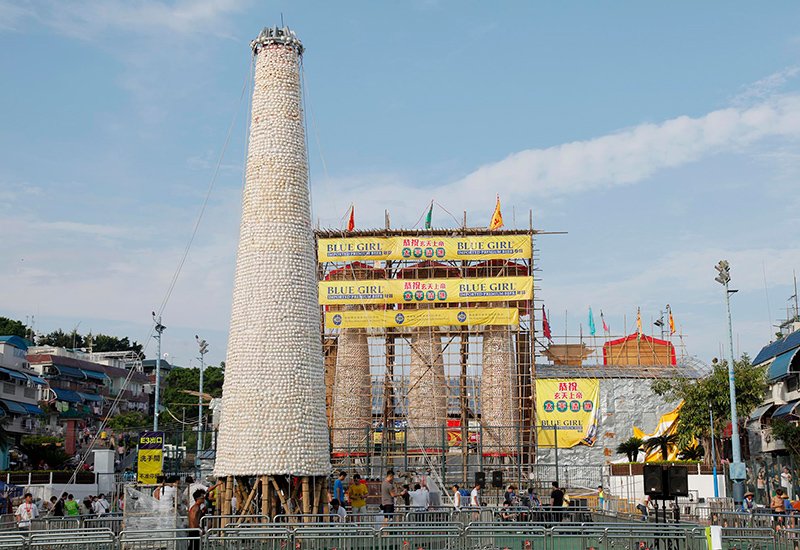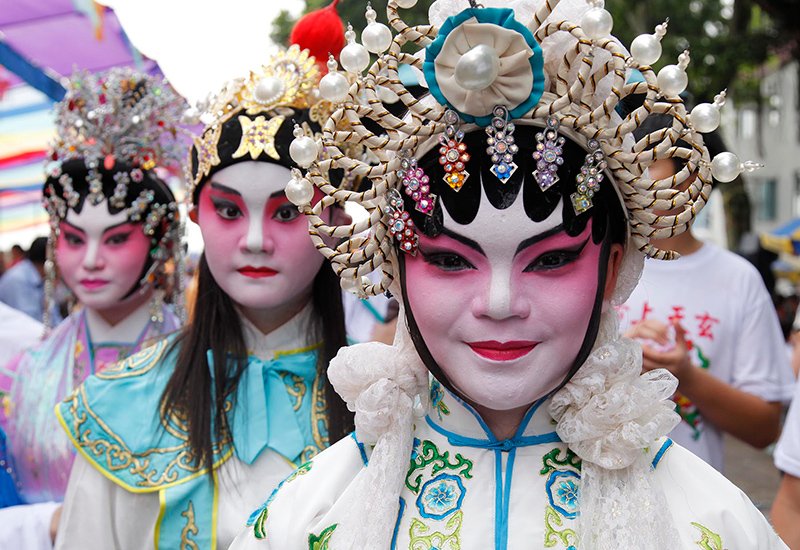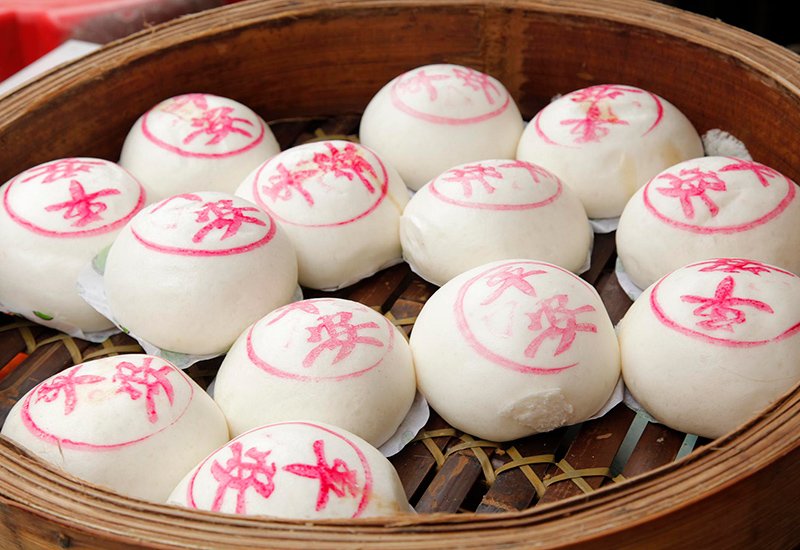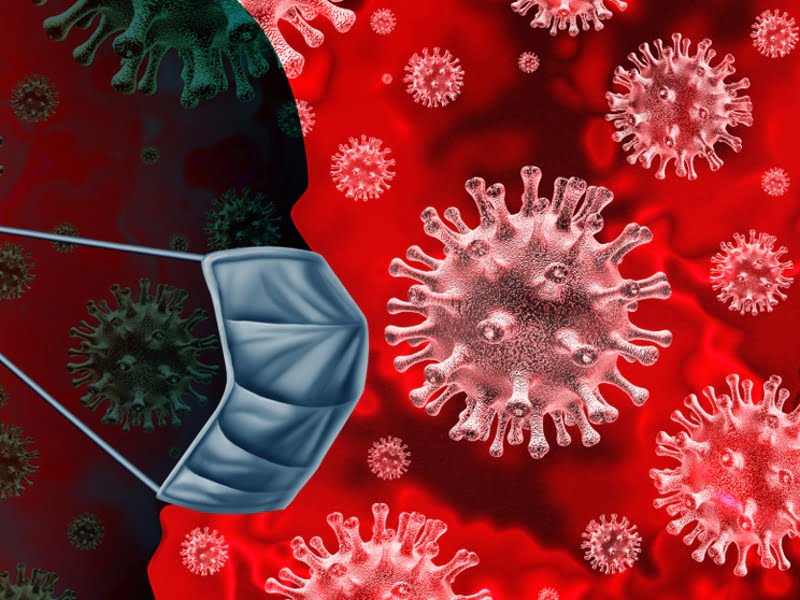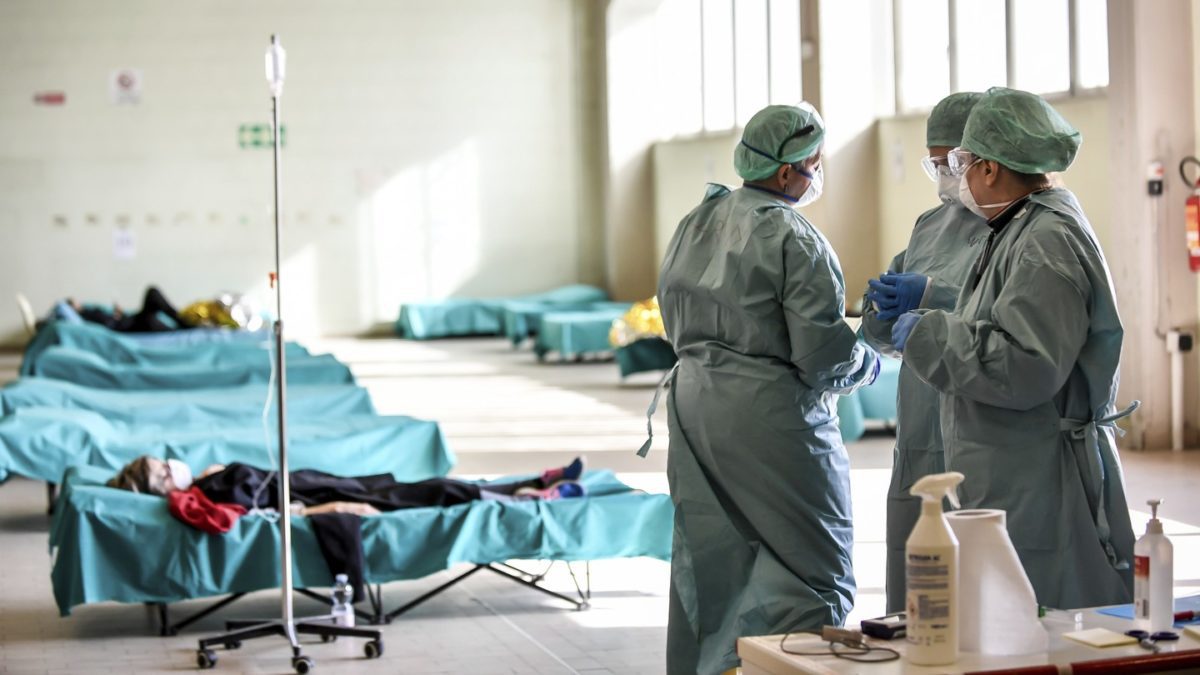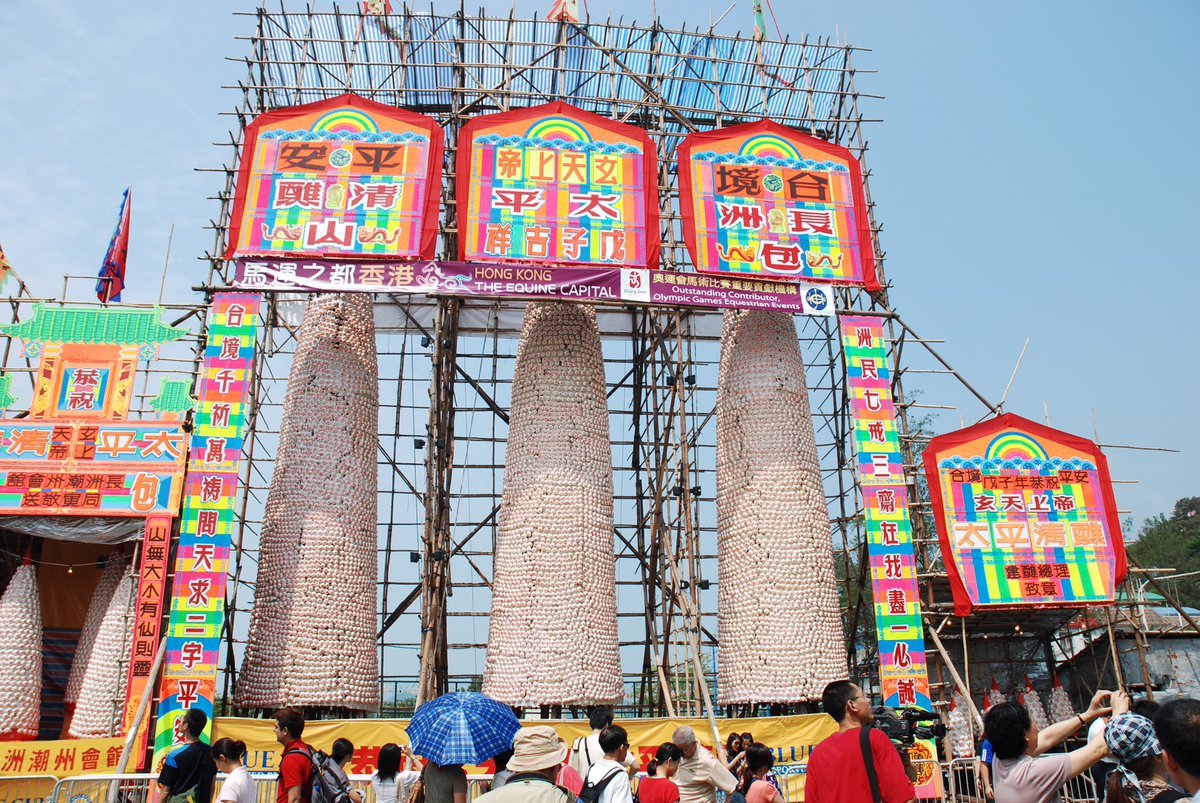The organisers of the annual Cheung Chau Da Jiu, Cheung Chau Bun Festival, have cancelled the Bun Scrambling Competition and the Piu Sik (Floating Colours) Parade due to the ‘Covid’.
The festival, which takes place on the eighth day of the fourth month of the lunar year, runs from 17-20 May this year.
Legends say that the festival began after Cheung Chau was devastated by a plague in the late Qing dynasty. To dispel the plague Chiu Chow natives invited Taoist priests to set up a sacrificial altar near the Pak Tai Temple to pray to deities, offer repentance and to comfort departed souls. The residents also paraded deity statues along village lanes.
The plague ended soon after the ritual. Since then, residents on Cheung Chau have been organising the annual Jiao Festival to express gratitude to Pak Tai for blessing the area with peace.
Cheung Chau Da Jiu, Cheung Chau Bun Festival
Date: 17-20 May 2021
Venue: Cheung Chau
Tickets: Free

